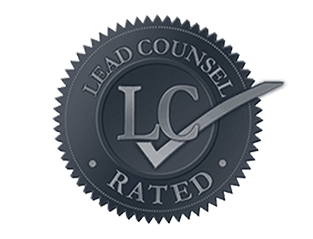Straightforward Legal Direction When Your Marriage Is Ending
When it is possible, divorcing couples are wise to avoid the expense and emotional stress of having a judge make decisions about their private lives in the public forum of a courtroom. Mediation and collaborative law methods allow you privacy and autonomy while going through the challenging process of divorce. However, when this isn’t possible, we have the skills and experience to litigate contested cases through the court system. At Butler Law, PC, we help people with a range of divorce-related family law issues, including the following:
- Contested and uncontested divorce
- Legal separation
- Child custody and visitation (also called “parenting time”)
- Child support
- Spousal support
- Property division
Divorce 101 – And Custody, Too
All divorces involve itemizing and dividing marital property and determining whether spousal support is warranted. When children are involved, custody and child support are also part of a final divorce decree. Each of these areas may involve complex issues with long-term consequences to finances and, when there are children, family dynamics.
Our legal team is dedicated to protecting the best interests of our clients’ children while striving to do what is best for our clients. We recognize that in most cases, it is vitally important for both parents to remain a part of their children’s lives.
Let Us Evaluate Your Family Law Matter And Offer Direction
Our approach to helping people through the divorce process is to provide reassurance and clear guidance through this difficult time in people’s lives. We inform our clients about how California law affects the unique aspects of each divorce, making recommendations and explaining the likely outcome of every option available.
To schedule a consultation, call 619-514-3365 or complete and send a brief online inquiry form.
















